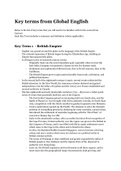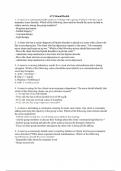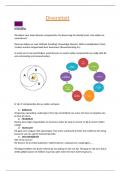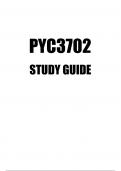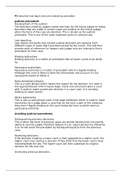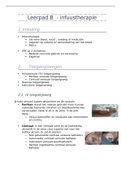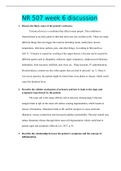Samenvatting
Summary Key Terms Global English
- Vak
- Global English
- Instelling
- Vrije Universiteit Amsterdam (VU)
A summary of all Key Terms from Global English. Each Key term is explained by using the book English around the world: an introduction. From Schneider and class notes from the lectures. For less well-known key terms I've written extra info for better understanding. I apologize for any spelling /...
[Meer zien]
